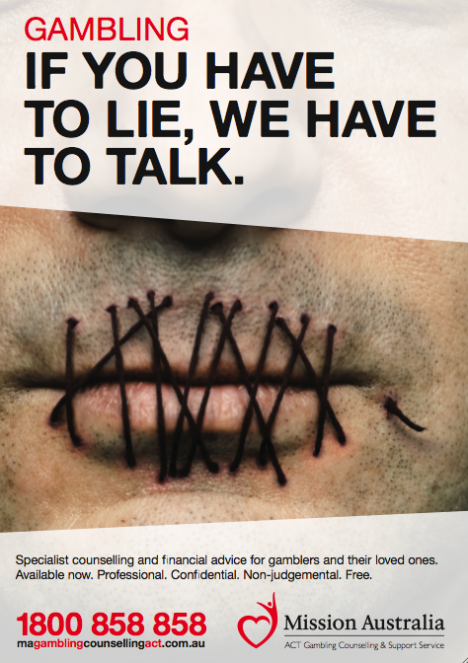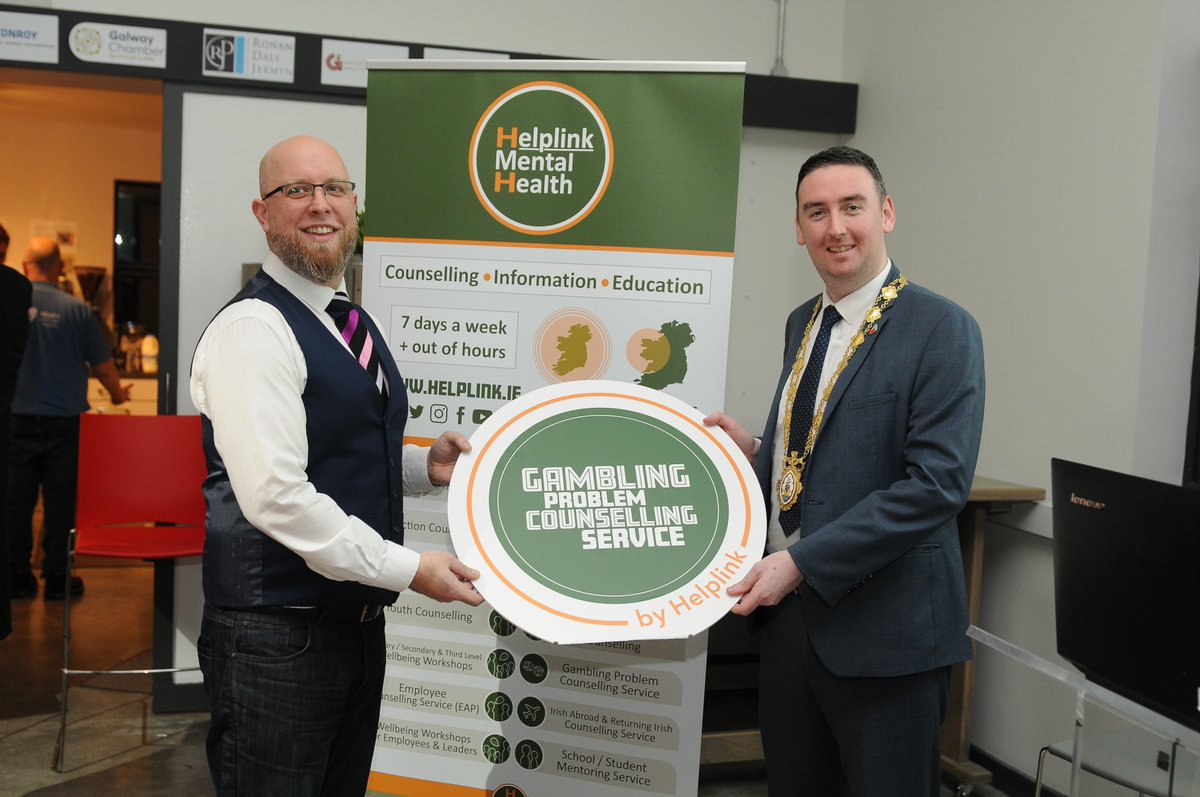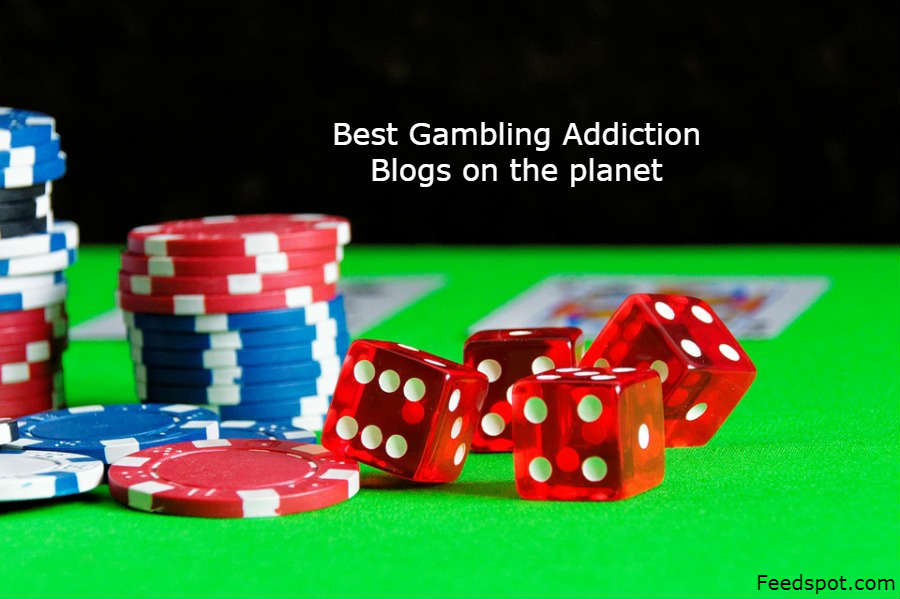Free Gambling Counselling
- Free Gambling Counseling
- Free Gambling Addiction Pamphlets
- Association Of Professionals Treating Problem Gambling
The National Council on Problem Gambling is committed to offering nationally recognized certifications and high-quality educational opportunities and trainings to our members and counselors. These offerings include:
In some cases, problem gambling is a state-issued credential. Louisiana, for example, recognizes Certified Compulsive Gambling Counselors. Nevada has even included “gambling” in the title of the addiction counseling board: the Nevada Board of Alcohol, Drug & Gambling Counselors. ACT Gambling Counselling and Support Service is a free counselling service for people experiencing problems as a result of their gambling or someone else's gambling. Gambling related financial counselling is also available. The services provided include: Professional, confidential counselling for people having problems with gambling. The Arizona Division of Problem Gambling is kicking off their latest media campaign in an effort to get the word out regarding the resources our agency has available to problem gamblers as well as those affected by problem gambling. The campaign highlights our confidential 24/7 helpline 1-800-NEXT-STEP.
Gambler's Help is a free service for people who are affected by gambling. The services provided by Gambler's Help include: Professional, confidential counselling for people who have been impacted by gambling Counselling for the family and friends of people who have been impacted by gambling.
Professional Networking
- Join us on our LinkedIn page to meet peers and exchange news with colleagues in Problem Gambling or Responsible Gaming.
- Come to our National Conference! Over the four days of the Pre-Conference Workshops and the Main Conference, you’ll have 15 or more opportunities to meet new people and deepen relationships, through coffee breaks, lunches with informal or formal guided networking, and special events.
Being a compulsive gambler can harm your health and relationships, and leave you in serious debt.
If you have a problem with gambling and you'd like to stop, support and treatment is available.
Are you a problem gambler?
Try this questionnaire:
- Do you bet more than you can afford to lose?
- Do you need to gamble with larger amounts of money to get the same feeling?
- Have you tried to win back money you have lost (chasing losses)?
- Have you borrowed money or sold anything to get money to gamble?
- Have you wondered whether you have a problem with gambling?
- Has your gambling caused you any health problems, including feelings of stress or anxiety?
- Have other people criticised your betting or told you that you had a gambling problem (regardless of whether or not you thought it was true)?
- Has your gambling caused any financial problems for you or your household?
- Have you ever felt guilty about the way you gamble or what happens when you gamble?
Score 0 for each time you answer 'never'
Score 1 for each time you answer 'sometimes'
Score 2 for each time you answer 'most of the time'
Score 3 for each time you answer 'almost always'
If your total score is 8 or higher, you may be a problem gambler.
Help for problem gamblers
There's evidence that gambling can be successfully treated in the same way as other addictions. Cognitive behavioural therapy usually has the best results.

Treatment and support groups are available for people who want to stop gambling:
GamCareGamCare offers free information, support and counselling for problem gamblers in the UK.
It runs the National Gambling Helpline (0808 8020 133) and also offers face-to-face counselling.
National Problem Gambling Clinic If you live in England or Wales, are aged 13 or over and have complex problems related to gambling, you can refer yourself to this specialist NHS clinic for problem gamblers.
See if you meet the criteria for this service.
Gordon Moody Association The Gordon Moody Association offers residential courses for men and women who have problems with gambling – email help@gordonmoody.org.uk or call 01384 241292 to find out more.
It also runs the Gambling Therapy website, which offers online support to problem gamblers and their friends and family.
Gamblers Anonymous UKGamblers Anonymous UK runs local support groups that use the same 12-step approach to recovery from addiction as Alcoholics Anonymous. There are also GamAnon support groups for friends and family.


Self-help tips for problem gamblers
Do:
- pay important bills, such as your mortgage, on payday before you gamble
- spend more time with family and friends who don't gamble
- deal with your debts rather than ignoring them – visit the National Debtline for tips
Don't:
Free Gambling Counseling
- view gambling as a way to make money – try to see it as entertainment instead
- bottle up your worries about your gambling – talk to someone
- take credit cards with you when you go gambling
For more self-help tips, see the Royal College of Psychiatrists website.
If you're affected by someone's gambling
If you're having problems because of another person's gambling, it's best to be honest with them about it. They need to know how their behaviour is affecting you.
Support is also available to people who are worried about someone else's gambling:
GamCare Gamcare offers support and information for partners, friends and family of people who gamble compulsively.
GamAnon
Local support groups for anyone affected by someone else's gambling problem – find your nearest group.


Free Gambling Addiction Pamphlets
Real stories of recovery from gambling
Association Of Professionals Treating Problem Gambling
Tell your own story and post messages of support in the GamCare recovery diaries forum.
Page last reviewed: 31 December 2017
Next review due: 31 December 2020